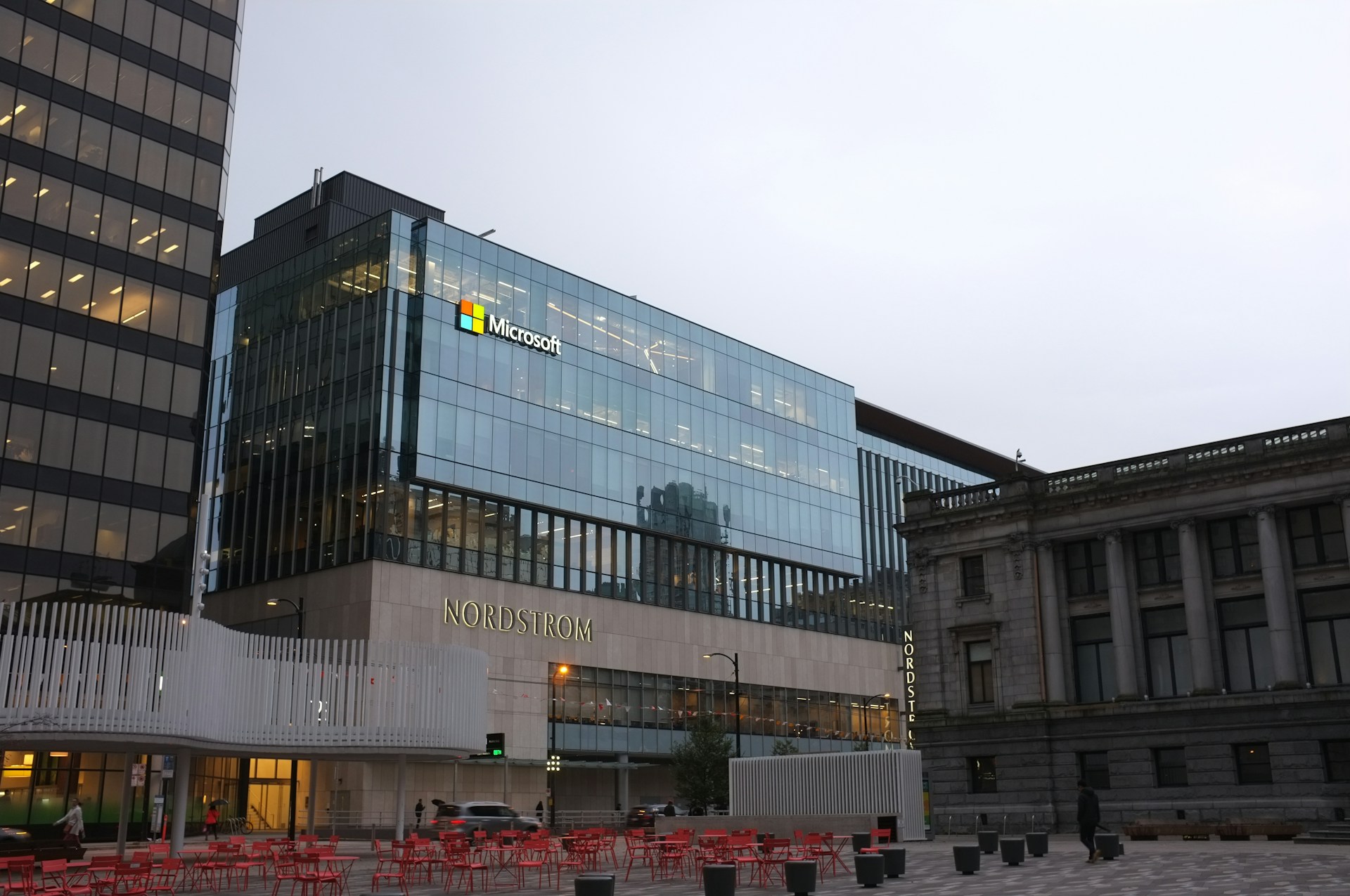Microsoft reported on April 17 that Russian operatives have initiated online campaigns to sway the upcoming US presidential election, albeit at a slower pace than in previous years. These operations focus primarily on spreading divisive content critical of US support for Ukraine, signifying a strategic start to more intensified efforts as the election nears.
Microsoft Highlights Russian Campaigns Spreading Disinformation About Ukraine to Influence U.S. Voters
Russia-linked accounts are propagating contentious content intended for US audiences, including criticism of American support for Ukraine in its battle with Russia, according to a report by researchers at the tech giant.
According to CNA, the Russian embassy in Washington did not respond to a request for comment, but the Kremlin stated last month that it would not interfere in the November U.S. elections. It also denied U.S. charges that it planned attempts to sway the 2016 and 2020 presidential elections.
While Microsoft's observation of Russian activities is not as severe as during prior elections, the researchers expect it to increase in the coming months.
"Messaging regarding Ukraine - via traditional media and social media - picked up steam over the last two months with a mix of covert and overt campaigns from at least 70 Russia-affiliated activity sets we track," Microsoft said.
They said the most prevalent Russian activities are tied to Russia's Presidential Administration. Another is geared at disseminating misinformation online in several languages, with articles often beginning with an apparent whistleblower or citizen journalist uploading content to a video channel. Websites like DC Weekly, Miami Chronicle, and The Intel Drop then cover that content.
"Ultimately, after the narrative has circulated online for a series of days or weeks, U.S. audiences repeat and repost this disinformation, likely unaware of its original source," Microsoft said.
Microsoft Reports Surge in Russian Cyberattacks, Warns of Simpler, More Effective Election Interference Techniques
According to Microsoft (via Reuters), there has been a "notable uptick" in hacking by a Russian outfit known as Star Blizzard, or Cold River, which targets Western think tanks.
"Star Blizzard's current focus on U.S. political figures and policy circles may be the first in a series of hacking campaigns meant to drive Kremlin outcomes headed into November."
Malicious use of artificial intelligence by foreign adversaries targeting the US election is a major concern among American political analysts. However, Microsoft claims that simpler digital forgeries were more widespread than deepfakes. It went on to say that audio modifications had a greater impact than video.
"Rarely have nation-states' employments of generative AI-enabled content achieved much reach across social media, and in only a few cases have we seen any genuine audience deception from such content," the researchers said.
"The simplest manipulations, not the most complex employment of AI, will likely be the pieces of content that have the most impact," they added.
Photo: Matthew Manuel/Unsplash



 AMD Shares Slide Despite Earnings Beat as Cautious Revenue Outlook Weighs on Stock
AMD Shares Slide Despite Earnings Beat as Cautious Revenue Outlook Weighs on Stock  SpaceX Prioritizes Moon Mission Before Mars as Starship Development Accelerates
SpaceX Prioritizes Moon Mission Before Mars as Starship Development Accelerates  Google Cloud and Liberty Global Forge Strategic AI Partnership to Transform European Telecom Services
Google Cloud and Liberty Global Forge Strategic AI Partnership to Transform European Telecom Services  Sony Q3 Profit Jumps on Gaming and Image Sensors, Full-Year Outlook Raised
Sony Q3 Profit Jumps on Gaming and Image Sensors, Full-Year Outlook Raised  SpaceX Updates Starlink Privacy Policy to Allow AI Training as xAI Merger Talks and IPO Loom
SpaceX Updates Starlink Privacy Policy to Allow AI Training as xAI Merger Talks and IPO Loom  Anthropic Eyes $350 Billion Valuation as AI Funding and Share Sale Accelerate
Anthropic Eyes $350 Billion Valuation as AI Funding and Share Sale Accelerate  Tencent Shares Slide After WeChat Restricts YuanBao AI Promotional Links
Tencent Shares Slide After WeChat Restricts YuanBao AI Promotional Links  Nvidia, ByteDance, and the U.S.-China AI Chip Standoff Over H200 Exports
Nvidia, ByteDance, and the U.S.-China AI Chip Standoff Over H200 Exports  SoftBank and Intel Partner to Develop Next-Generation Memory Chips for AI Data Centers
SoftBank and Intel Partner to Develop Next-Generation Memory Chips for AI Data Centers  SpaceX Pushes for Early Stock Index Inclusion Ahead of Potential Record-Breaking IPO
SpaceX Pushes for Early Stock Index Inclusion Ahead of Potential Record-Breaking IPO  Instagram Outage Disrupts Thousands of U.S. Users
Instagram Outage Disrupts Thousands of U.S. Users  Oracle Plans $45–$50 Billion Funding Push in 2026 to Expand Cloud and AI Infrastructure
Oracle Plans $45–$50 Billion Funding Push in 2026 to Expand Cloud and AI Infrastructure  Jensen Huang Urges Taiwan Suppliers to Boost AI Chip Production Amid Surging Demand
Jensen Huang Urges Taiwan Suppliers to Boost AI Chip Production Amid Surging Demand  Amazon Stock Rebounds After Earnings as $200B Capex Plan Sparks AI Spending Debate
Amazon Stock Rebounds After Earnings as $200B Capex Plan Sparks AI Spending Debate 































